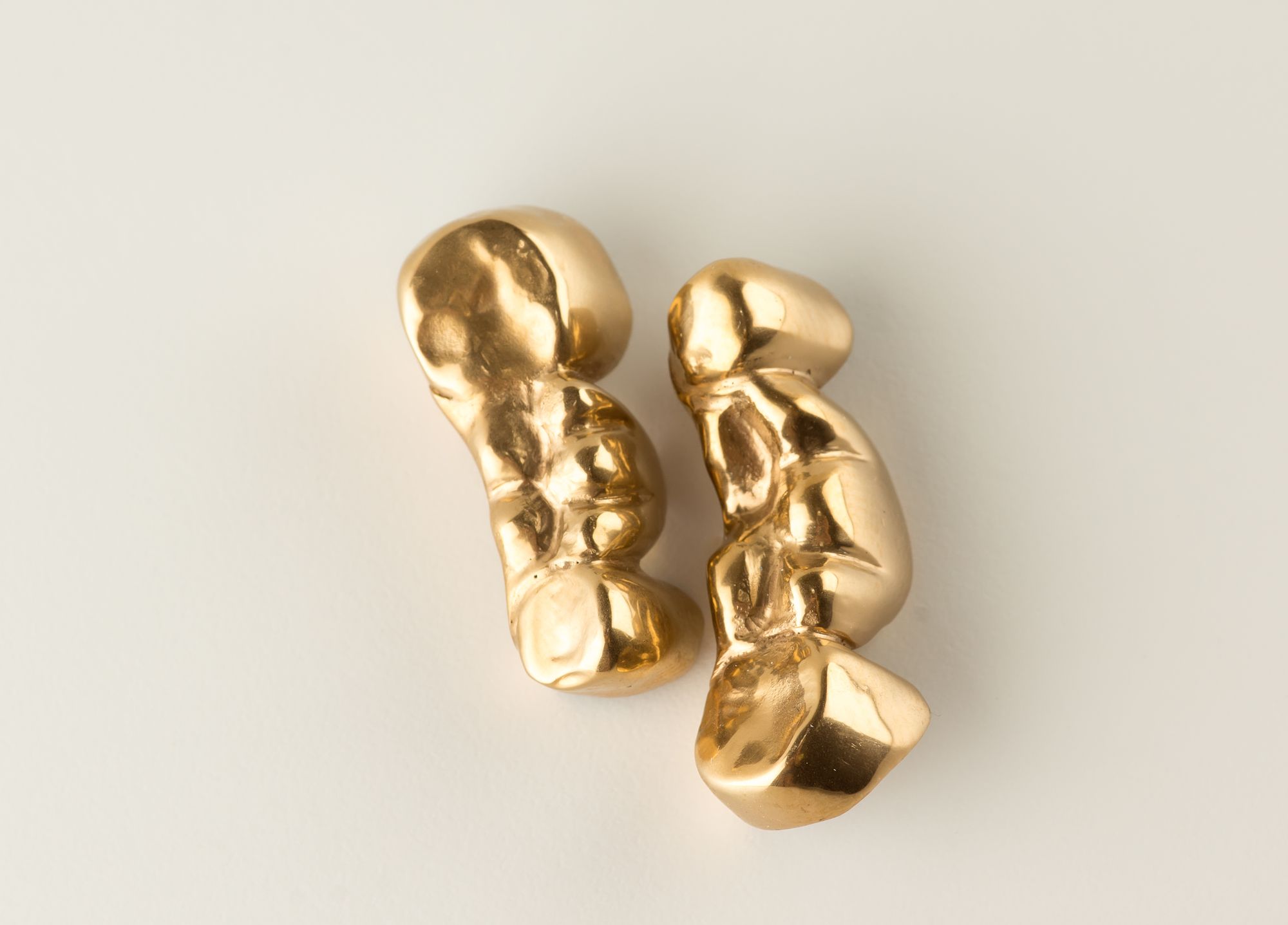Businesses that produce scrap gold or want to recycle gold work with gold refiners to transform their gold from various sources into pure, market-ready forms. Their work is essential for ensuring the availability of high-quality gold for use in jewelry, electronics, dental devices, and other manufacturing applications.
The process begins by bringing in existing gold products, which are typically scrap gold or recovered gold. Refiners can take this material, even if mixed with other metals, and smelt or refine the gold. The goal is to extract and purify the gold to industry standards, typically 99.99% purity, also known as 24-karat gold.
The Steps
The first step in refining is to assess the gold content of the raw material, a process known as assaying. This involves the gold refiners testing the materials to determine the content, which ensures accurate pricing and processing. Once assayed, the gold undergoes a purification process.
While several processes can be used, most gold refiners use the process of smelting. This includes heating up the scrap material to the correct temperature to melt the gold and separate it from any other materials present. Refining is a similar process to remove impurities.
Reselling and Exchange
After purification, the refined gold is cast into bars, ingots, or other forms, depending on its intended use. These forms are then tested again to ensure they meet the required purity standards before being sold.
Gold refiners are vital for producing usable gold and contribute to recycling and sustainability in the industry by recovering precious metals. They are also essential to many businesses, allowing profits from this recycled gold to boost their bottom line.
If you are looking for gold refiners, Bay Area Metals is a trusted, reputable service. To learn more about what we do, contact us today.







